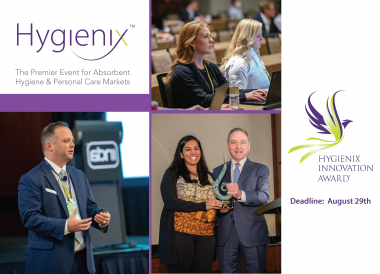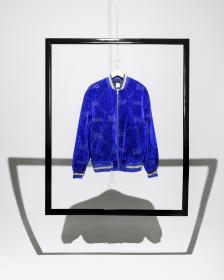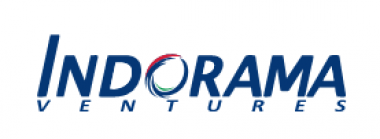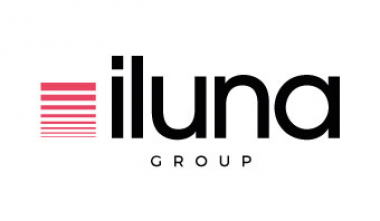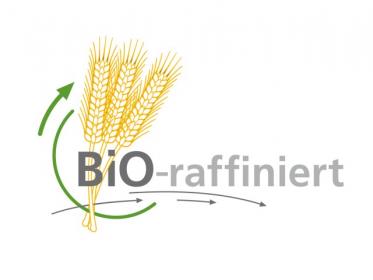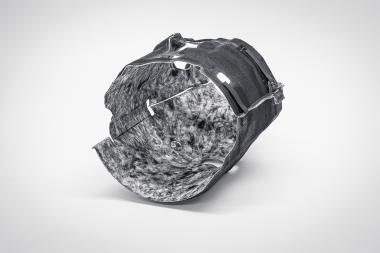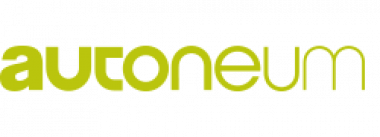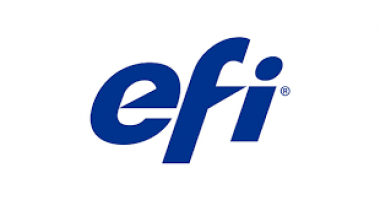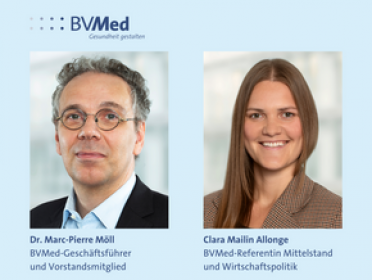INDA: Nominations are open for Hygienix Innovation Award™
INDA, the Association of the Nonwoven Fabrics Industry, announces online nominations are now open for the prestigious Hygienix Innovation Award™. The Award recognizes a new product or technology innovation in the absorbent hygiene and personal care sector that uses nonwoven fabrics in novel, technically sophisticated, uniquely creative and expansive ways. The Award will be presented at Hygienix™ 2022, Nov. 14-17 at The Roosevelt New Orleans Hotel, in New Orleans, LA.
Nominees will be selected from a broad range of new products or technologies that have been commercially available at most two years prior to Hygienix™ 2022. Nominees can include end product components, fabrication techniques, or products that use a nonwoven technology in manufacturing. Award categories include feminine care products, diapers, incontinence products, raw materials, equipment technology, reusable products or technologies, and composites or laminates that use nonwovens. Three finalists will present their innovations to over 450 participants at the eighth edition of Hygienix™, the premier event for the absorbent hygiene and personal care markets. The winner will be announced Thursday, Nov. 17.
Last year’s Hygienix Innovation Award™ was presented to Kudos for their Kudos Diaper Subscription Box, a disposable diaper featuring 100 percent breathable cotton touching baby’s skin.


